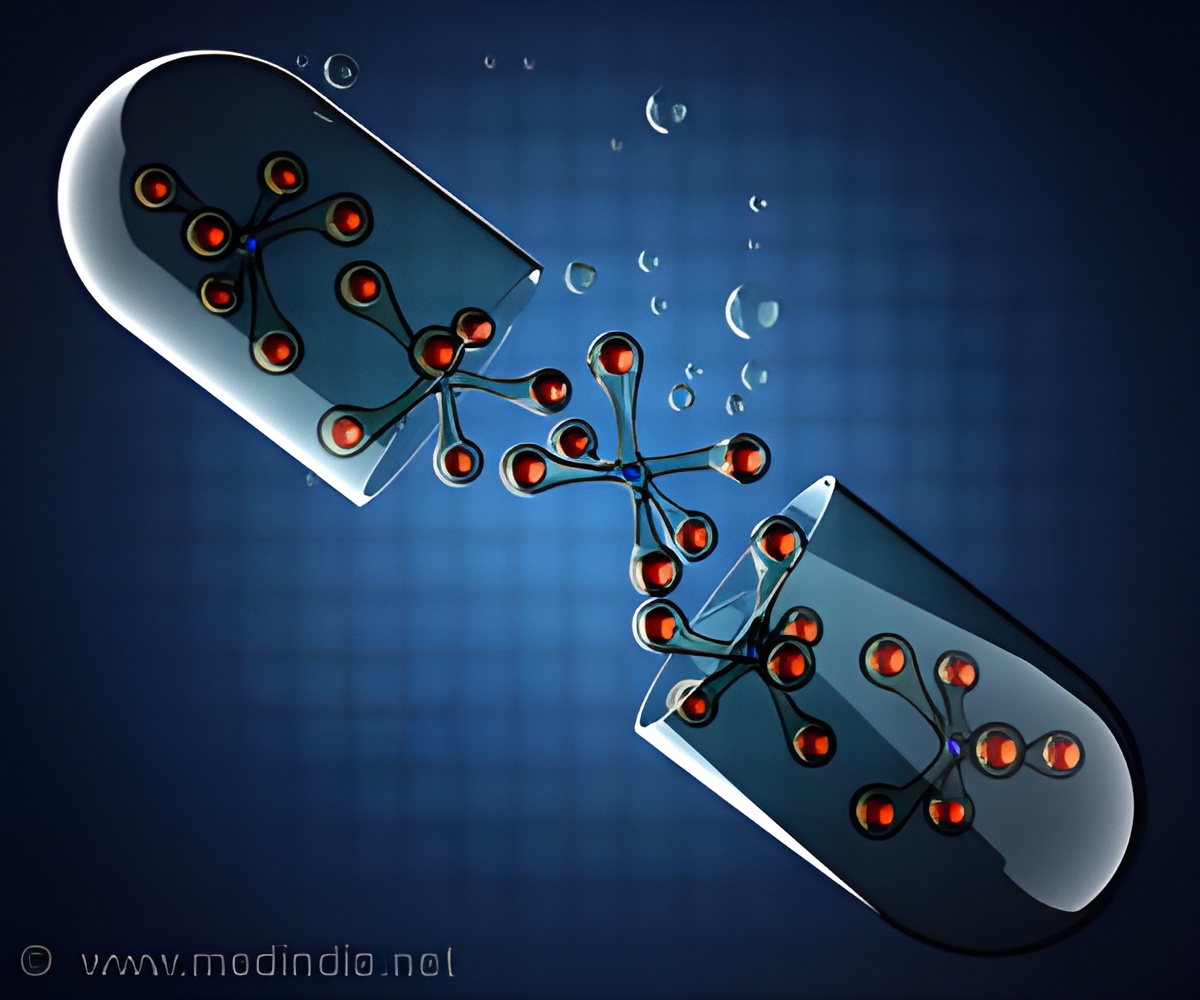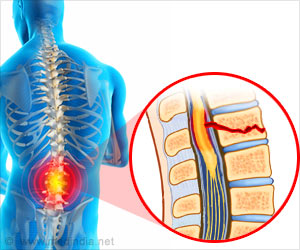New experimental drug may be the key to improving quality of life by improving bladder function.

TOP INSIGHT
There are currently no approved medications to treat bladder dysfunction brought on by spinal cord injuries and the new drug may just be able to help.
After a month-long treatment after spinal cord injury in mice, bladder volume decreased significantly to a level close to normal, said lead researcher Sung Ok Yoon, an associate professor of biological chemistry and pharmacology at Ohio State.
In humans, spinal cord injuries sever the communication between the bladder and the brain, leading to the loss of the normal ability to urinate at will. This leads to bladder over-filling, which causes high pressure and bladder enlargement due to thickening of the muscular bladder walls. This can cause urine to return to the kidney, which can lead to kidney infection and disease, Yoon said.
People with spinal cord injury typically rely on a catheter to pass urine.
Eventually, Yoon said, a new circuit of nervous-system communication is formed within the spinal cord, and it allows urine to be expelled unexpectedly, causing incontinence.
"This drug appears to help maintain near-normal bladder pressure and less unexpected expulsion of urine in mice."
"The structure as well as the integrity of the neural communication in the bladder is expected to improve as well, contributing to the overall health of the bladder," she said.
Yoon and her collaborators also confirmed - through samples from two recent spinal-cord injury patients - the presence of proNGF in the urine within hours after injury. Urine from healthy people does not contain the growth factor. Yoon said that since the drug counteracts proNGF action, these findings could potentially be extended to further research into other types of bladder dysfunction besides spinal cord injury.
Source-Eurekalert
 MEDINDIA
MEDINDIA


 Email
Email










